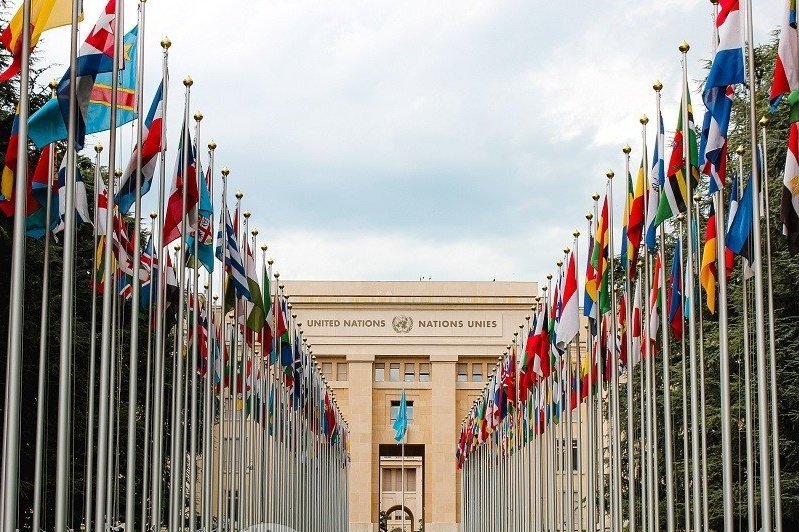
United Nations Conference on Trade and Development
Dearest delegates,
It is with great honor that I welcome you all to the United Nations Conference on Trade and Development. As young leaders, we have the power to shape the future of global trade, economic development, and equity.
We, as youth, have a certain responsibility in shaping the world around us. Today's decisions will have a great effect on future generations, and the ideas we generate within these walls can begin to overcome some of the most deep rooted problems of our time, such as poverty, inequality, and climate change. During the next few days, we'll examine new approaches to all these challenges, and we will search for new ways to make trade work better for everyone, no matter where they happen to live. I firmly believe that each one of us can make a difference. The conversations and partnerships we build here can lead to real change, and I look forward to seeing what we can achieve together. Let's make the most of this time, learn from each other, and work toward a more fair and successful world for all. I look forward to our discussions and to the progress that we will make together.
Your president,
Maya Moucattash
Topic1: The use of chaebols in South Korea’s democracy
Chaebols, one of South Korea’s largest, most influential, multi-million dollar, family-owned businesses, has been one of the main reasons for the country's recent economic growth. However, it also represents many challenges to the country's political transparency. Corporate powerhouses, which include Samsung, Hyundai, and LG, all have significant influence not just over the South Korean economy, but worldwide. These companies alone account for around 40% of the country's GDP, with Samsung alone contributing 20%.
Even though they have created thousands of new jobs and contributed to the nation's industrial development and technological advancement, their focus on power raises many concerns around the world for their constant malpractice and political corruption.
The dominance of chaebols in industries such as technology, the auto industry, and electronics may have positive effects for South Korea itself, but not for other nations, or their businesses. Countries such as the United States, Japan, and China find themselves at a competitive disadvantage, as their industries struggle to compete with chaebol entities that benefit from both governmental support and inside information. Such incidents shed light on the fact that there is a stark contrast between power and influence, over democratic integrity, as their leaders often involve themselves in direct political activities, which impact citizens’ lives daily.
Topic 2: Tackling the issue of BlackRock
BlackRock, one of the world's largest asset management companies, controls over $10.5 trillion in assets, giving it significant influence over global financial markets and resources. Its vast size and involvement in governmental, economic, and environmental decisions have raised questions about BlackRock’s transparency, ongoing malpractice, and political corruption.
The heart issue is how BlackRock and its massive investments shape government functions and corporate behaviors. Concerns also arise regarding the firm’s potential for monopolistic control over financial markets and its ability to erode democratic governance and financial freedom among other companies by stifling competition. Additionally, its influence over numerous energy agencies worldwide exacerbates tensions with countries striving for sustainable environmental development.
Although BlackRock is managed in the United States, its influence extends globally, affecting major economies such as Germany, China, Japan, and the UK, based on the investments it chooses to make. This influence stems from the vast amounts of capital BlackRock invests across various markets, shaping financial landscapes and corporate governance worldwide. For instance, the firm’s investment decisions can dictate which sectors receive funding, ultimately affecting economic growth and innovation in these countries. The conflict surrounding BlackRock poses significant global risks, including increased economic inequality, market volatility, corporate political influence, environmental degradation, and potential disruptions to global supply chains.
Study Guide
Delegate’s Guide
UNCTAD Guide 2025


